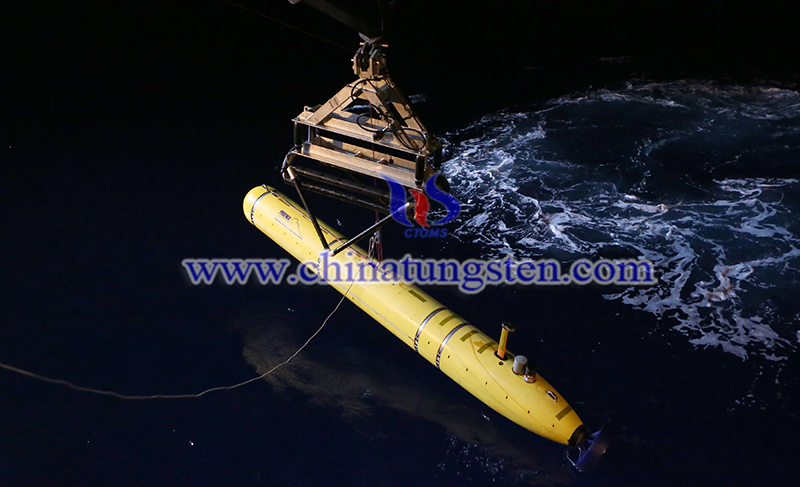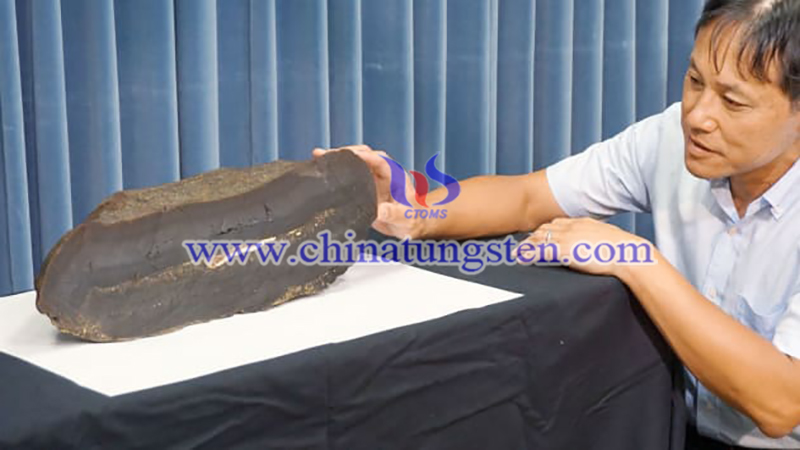Underwater Drones Join Hunt for Rare Earth Metals on Seabed
- Details
- Category: Tungsten's News
- Published on Sunday, 21 June 2020 19:16
The underwater drones used in the seabed mining industry help to discover rare metals such as rare earth and cobalt, both are critical to the technology supply chain of companies such as Apple and Tesla. Underwater drones can also be used to explore precious metals, and the value of the gold alone on the seafloor has been estimated to be worth $150 trillion.
US media CNBC reported that the most exciting future for drone technology may not be in the sky, delivering packages for Amazon, but underwater drones helping to discover vast riches. The use of underwater automated vehicles proving critical in the areas of seabed exploration and mapping. And not only are private companies developing machines with better sensors and capabilities, but even the European Union and universities are funding similar programs.

On the seafloor where sunlight is barely accessible and the water temperature is near freezing, it may hold the world's largest unmined rare earth metals. At present, the independent agency International Seabed Authority (ISA) has granted dozens of enterprise exploration contracts.
The value of the metal stored in the seabed is estimated to be US$150 trillion in gold alone, and the total value of polymetallic nodules containing manganese, nickel, copper, and cobalt has reached several trillion US dollars. With continued demand for rare metals used in today's electronics, from iPhones to solar energy components, it's clear why a number of governments and countries have started a race to the bottom of the ocean.

The mining company DeepGreen Metals has mining licenses in three regions of the Pacific. Chairman and Chief Executive Officer Gerard Barron said: "We know the world will be very focused around the environmental impacts. Automated vehicles operating on the ocean floor are the only way. The most efficient way of collecting these nodules from the ocean floor is yet to be agreed upon."
However, it may still be difficult for the outside world to accept underwater drones to mine rare earth on the seabed. Nautilus, the first company to gain deep-sea mining rights, had declared bankruptcy last year. The company originally planned to mine in Papua New Guinea, but this plan was strongly opposed by local conservative groups. So far, no company has successfully engaged in large-scale deep-sea mining operations.
- Rare Earth Manufacturer & Supplier, Chinatungsten Online: www.chinatungsten.com
- Tungsten News & Prices of China Tungsten Industry Association: www.ctia.com.cn
- Molybdenum News & Price: news.molybdenum.com.cn
- Tel.: 86 592 5129696; Fax: 86 592 5129797; Email: sales@chinatungsten.com



 sales@chinatungsten.com
sales@chinatungsten.com